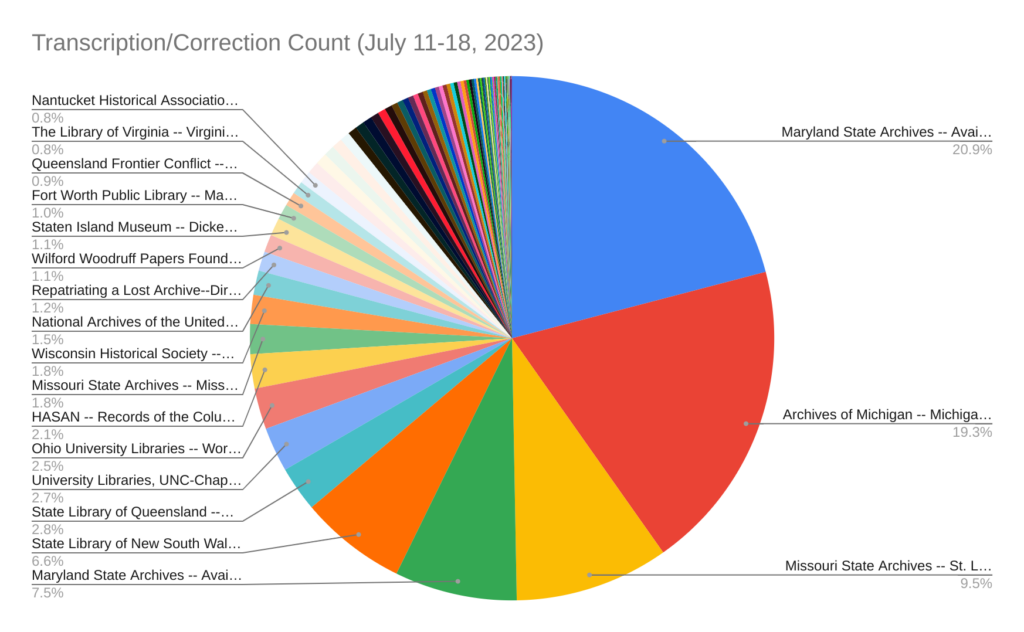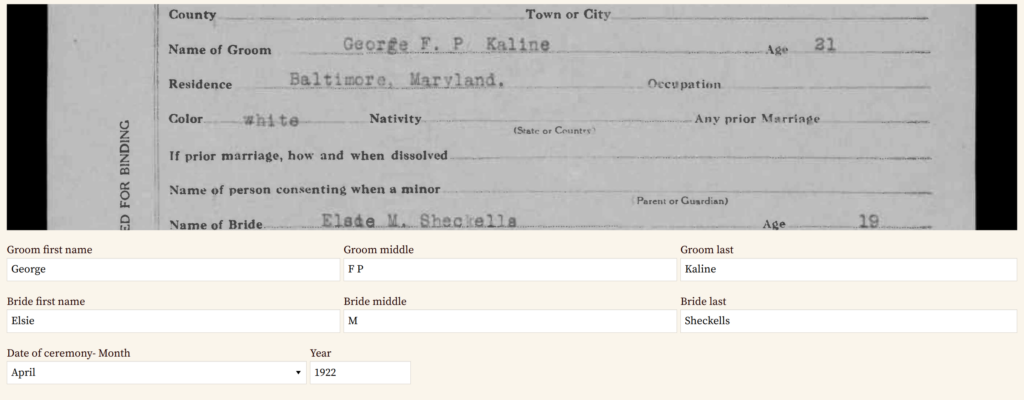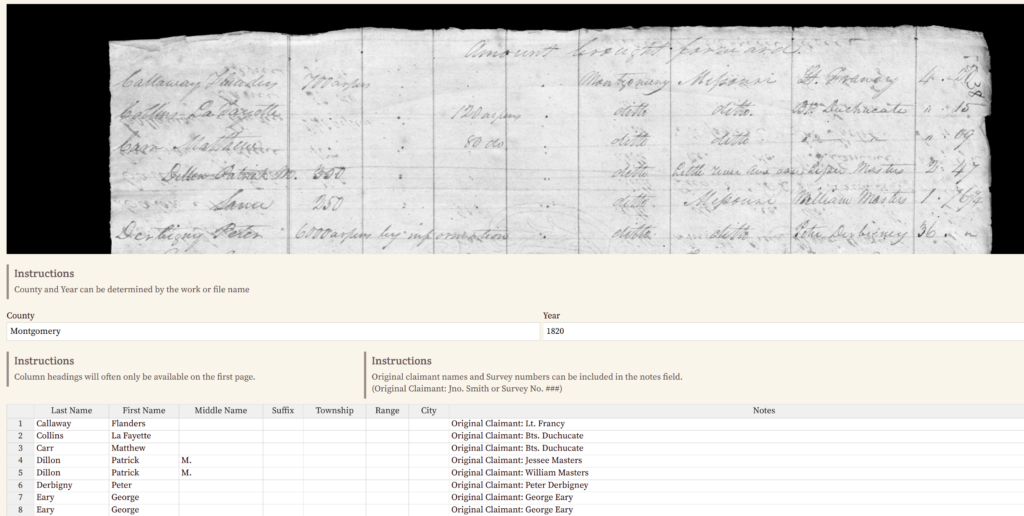On July 28, Sara and I hosted the first FromThePage User Group Meeting in Washington DC. It was a fun event--to me it felt more like a party than a meeting, since I got to spend most of my time introducing my colleagues to each other. (That said, cocktails were replaced with breakfast tacos, which we thought a little more appropriate for 8:30 AM.)
I spent some days beforehand trying to look at the state of the FromThePage platform from a bird’s-eye view. We'd just seen the 2,000,000th page transcribed, which got me looking at how many pages were being transcribed per week across the platform, which projects saw the most pages transcribed, and which volunteers transcribed the most pages. I put together some graphs like this one for my presentation:
There's just one problem -- transcribed page count is a terrible metric for measuring a project's success! The projects that saw the most transcribed pages during the week of the study were the projects whose pages were quickest to transcribe. They are all field-based projects, working from 20th-century documents that are standardized and often typewritten. Measured this way, my pretty pie chart looks a lot sillier: "quick tasks can be done fast" is hardly ground-breaking.
Page count is also a bad way to look at volunteer activity. Some volunteers are able to transcribe 100 pages per hour working on the Baltimore City Marriage Certificates. The transcription form only collects eight fields, the documents are clearly written, so a fast typist can be very productive indeed. But if we saw a volunteer transcribing 100 pages per hour of a medieval manuscript written in Italian, or a Civil War muster roll with dozens of records per page, we would think they were doing something wrong.
La Sfera
Missouri State Archives tax rolls
So what are some alternatives to transcribed page count? If we want to produce charts, we could look at other qualitative metrics: count the lines of text, or the number of structured records. We could also ask questions about the number of volunteers working on a project or the number of volunteer hours logged.
But I also think the most important "success" can't be counted. How much are volunteers learning? What new discoveries are made by volunteers or staff during the process? What does transcribed material enable? What role does the collaboration play in the lives of the people working on it?
“I'd be lost without something meaningful to do with my time. Your website is wonderful.”
–Tom York, volunteer on several projects.




